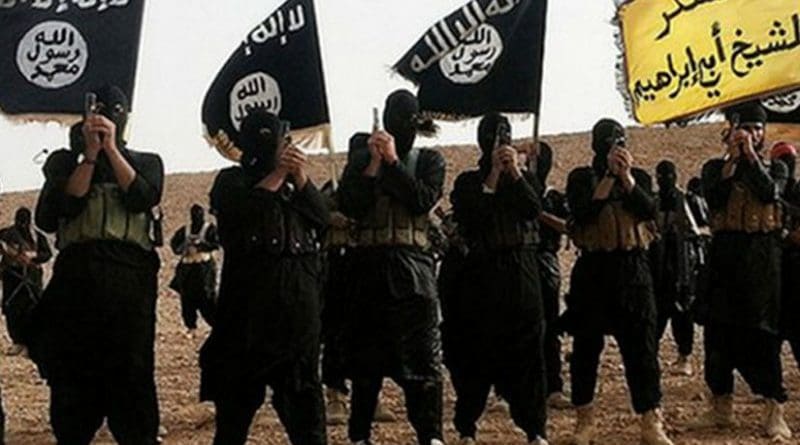Beyond Bombs And Bullets: A Comprehensive Approach Needed To Defeat ISIS – Analysis
By Zakir Gul, Ph.D.
Many articles with similar ideas have been written about the current situation with ISIS and what will happen to the terrorist organization in the future. Most of these articles, however, ask incomplete or incorrect questions, which leads to inaccurate assessments of the safety of the world when ISIS is defeated. The articles typically ask questions such as: Can it be claimed that removal of ISIS from the territory in which it operates mean the end to ISIS, or is it only the displacement of terrorism? Shall we celebrate the defeat of ISIS or still be concerned about it? These questions, unfortunately, are incomplete and do not address key elements of the issue. The critical, and more appropriate, questions to ask are: Will the violent and extreme mindset and ideology end when ISIS is defeated? Is it possible that ISIS will transform itself or merges with another terrorist group? Is hard power the solution?
ISIS is just another body into which the violent and extremist ideology of jihadi Salafism has entered. The body dies, but the soul does not. When the body dies, the bad soul will enter another body of a different name. In the case of a defeated ISIS, the organization will die physically but survive as others take up its cause. As long as the violent and extremist ideology and dark soul of ISIS survives, there will always be a body for the soul to wear. The jihadi Salafist ideology will live a new life in a body transformed into another shape and structure.
Failure to ask the right questions means being unable to see and diagnose the problem correctly, intervene correctly, respond correctly, offer the correct solutions, and correctly assess the outcome rightly. In other words, a mistaken first step often leads to subsequent missteps and dire consequences in the long run. For example, when tar is on fire, the expected and first response would be to douse the fire with water; however, the compounds in the tar render water ineffective in putting out the fire and may even make the situation worse.In terms of terrorism, ISIS is the tar, and the commonsense first response would be to use all power available to eradicate the organization.
The literature on terrorism acknowledges that terrorism and radicalization are complex and multidimensional concepts that involve social, psychological, political, financial, and educational issues. Given this mix of factors, could a military and/or law enforcement intervention be the solution to terrorism and radicalization? The answer is “no.” Could the hard power be the solution to some psychological factors (i.e., alienation) or political factors (i.e., political exclusion and oppression) of joining terrorist groups? Again, the answer is “no.” The answer will always be “no” until the solution offered addresses the multiple dimensions of the problem with a comprehensive, but individualized, approach. A reliance on bombs, bullets, and warfare alone will not suffice.
For example, if an individual joins a terrorist group because of a family issue—such as forced marriage, domestic violence, or alienation from close relatives, lack of love and respect among family members—then the approach should focus on family structures and family environments. If an individual whose spouse, children, or extended family members were killed by government security forces longs for revenge and is recruited as a suicide bomber, a military/law enforcement solution alone will not solve the underlying problem. Nor is it the correct approach when an individual has joined a terrorist organization in response to the lack of democratic and human rights. If militants are recruited and exposed to propaganda in virtual environments, then the counterterrorism approach should address those virtual environments to neutralize the terrorist indoctrination. If potential militants are easily swayed by radicals misinterpreting and exploiting religious scriptures because they are poorly educated and lack religious awareness and knowledge, then the counterterrorism approach should focus on counter-narratives and religion-awareness programs. A continued emphasis on tanks, gunfire, and bombs, is a waste of precious money, time, and effort, and lives and, worse yet, justification of terrorist narratives.
This article was published by Modern Diplomacy.

